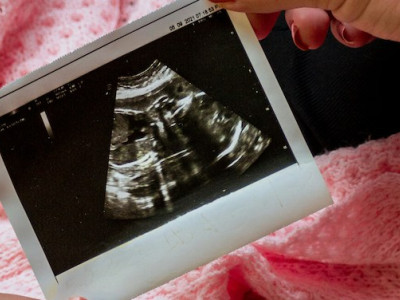We begin our tour with the news that electronic cigarette adverts are so powerful they drive people to want to smoke. Time Magazine, previously a good source of positive ecig coverage, warns that a study suggests: “Watching E-Cig Ads May Increase the Urge to Smoke.”
While the pair of researchers acknowledged that advertising could have a role to play in educating smokers in order to help them quit they appear to be unaware of all of the research supporting ecig efficacy.
They concluded, “The former smokers who watched the advertisements with vaping were more likely to report decreased intention to abstain from smoking. Intermittent smokers showed no significant changes.”
News Medical tows no such middle line as they whip up fear with a headline mentioning “potential health impacts of second-hand exposure.” Despite having been roundly debunked by several peer-reviewed authors, the magazine claiming to provide “medical information for healthcare professionals, medical researchers and engaged consumers” fails to deliver on the science.
The article is based on a paper titled Exhaled Electronic Cigarette Emissions: What's Your Secondhand Exposure? by RTI International (a research organisation tied to the pharmaceutical industry).
They state: “The study finds e-cigarette emissions contain enough nicotine, and numerous other chemicals to cause concern. A non-user may be exposed to second-hand aerosol particles similar in size to tobacco smoke and diesel engine smoke. Meanwhile, e-cigarettes are a rapidly growing business with annual sales doubling yearly to $1 billion in 2013, and a current lack of regulation that has allowed for a surge in marketing.”
One paragraph that covers misplaced fears over nicotine, microparticles, imaginary chemicals, a link to diesel fumes and finishes off by criticising marketing – something pharmaceutical companies do as well – sets the tone of the research. In fact it is anything but research, there has been no scientific investigation in the production of this paper, it is nothing more than a collection of old material originating (mainly) from the West Coast and Professor Glantz.
It is the kind of research carried out by Congresswoman Debbie Wasserman Schultz, as reported by the Sun Sentinel, and featuring in a video reminiscent of The Day Today’s “Cake” episode.
“Liquid nicotine comes in cool flavors that sound like candy, but it's a vaping cocktail that can kill if swallowed by a small child fascinated by the groovy packaging,” the Sun warns.
What is absent is any definition of the levels of exposure reported and that out of a shockingly large figure of 4,000 only one died. Nor is this placed into context in terms of population percentage. No responsible vaper would leave juice unattended or accessible to a small child, nor would they wish to downplay the seriousness regarding harm to children, but the fear being whipped up is out of proportion compared to the actual risk.
Dave Cross
Journalist at POTVDave is a freelance writer; with articles on music, motorbikes, football, pop-science, vaping and tobacco harm reduction in Sounds, Melody Maker, UBG, AWoL, Bike, When Saturday Comes, Vape News Magazine, and syndicated across the Johnston Press group. He was published in an anthology of “Greatest Football Writing”, but still believes this was a mistake. Dave contributes sketches to comedy shows and used to co-host a radio sketch show. He’s worked with numerous vape companies to develop content for their websites.
Join the discussion
Expert Reaction to Pregnancy Study
Experts have reacted to the QML study of impacts of vaping in pregnancy and comparison with smoking
Study: Vapes Help Pregnant Quitters
A new study from Queen Mary University of London finds that vapes help pregnant smokers quit and pose no risk of poor pregnancy outcomes
IBVTA responds to UCL study
The Independent British Vape Trade Association has responded to University College London research and said the findings show the Government’s smoke-free ambition is stalling
Cochrane Review Echoes Swedish Success
The Cochrane Review echoes the Swedish approach, finding less harmful alternatives like vaping are superior to other quit methods, says Smoke Free Sweden












